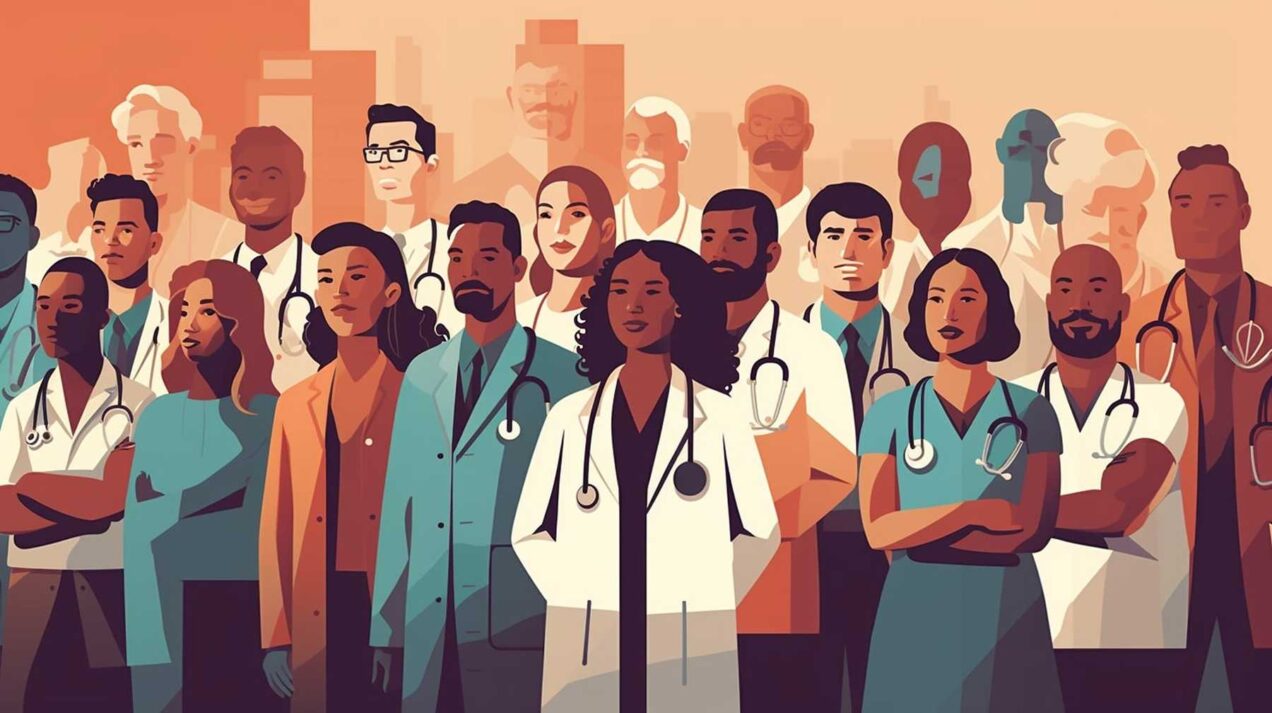By Desiree Solomon
American populations are more diverse than ever, and demographic groups of various cultural, ethnic, and racial backgrounds require culturally responsive and informed systems. Cultural competency in healthcare refers to the delivery of healthcare services that are respectful and responsive to the cultural beliefs, practices, and needs of individuals from diverse backgrounds. For Black patients, culturally competent care is crucial in addressing healthcare disparities, improving outcomes, and promoting patient satisfaction.
Black Americans are overly represented in those diagnosed with the nation’s top chronic illnesses and have shorter life expectancies when compared to their white counterparts. Medical scientists largely believe this is due to systemic racism and a lack of access to affordable and quality care. Barriers to affordable and quality care are structural. These barriers are evident in medical distrust, wealth disparities, redlining, and medical literacy gaps among Black communities.
It wasn’t so long ago—55 years to be exact— that Black Americans gained legal protections against racism and discrimination in housing, employment, education, and healthcare. These core facets of American life are now understood to be social determinants of health. Despite this progress, institutional policies and practices that kept educational and medical discrimination in place for centuries established the foundation for the structural racism defining Black health outcomes today.
In 2020, these insidious remnants of structural racism reached the center of American political discourse, and the nation responded to demands for racial justice with equity commitments. Private sector companies, academic institutions, and government entities responded with pledges and invested in increased diversity, equity, and inclusion. Among those was the American Medical Association (AMA); in 2021, the AMA decried racism as a public health threat and prescribed policies to address structural racism in the medical community. Amidst moves for increased diversity, equity, and inclusion, medical institutions have also turned inward, reassessing graduate medical education, race as a proxy for diagnosis, and the need for cultural competency training. But the road to equity is long.
Partner With CBCF to Advance Health Equity NOW
This year, the Congressional Black Caucus Foundation is centering cultural competency in healthcare to address health equity. Join us on Tuesday, May 23rd, 2023, from 10 am to 3 pm ET as we discuss these critical issues, share milestones of progress, and establish a framework for improved health in our communities at the Policy for the People Health Equity Summit.
The Health Equity Summit seeks to bring the most pressing issues in policy to the access of all Americans and provide a forum for thought leaders to engage in policy discourse and align efforts and strategies to enact lasting change. Congressional Black Caucus members, clinical professionals, and thought leaders are working together to combat these issues and create health systems where Black communities can achieve health equity.

This event will feature a roundtable with Members of the Congressional Black Caucus, a panel of health leaders discussing cultural competency in healthcare, a health fair showcasing healthcare vendors, and breakout sessions for targeted dialogue on chronic health issues directly impacting Black communities. The day will be full of opportunities to network, coalition-build, and problem-solve together.
While in-person registration for the summit is SOLD OUT, I invite you to register for our virtual viewing option here.
